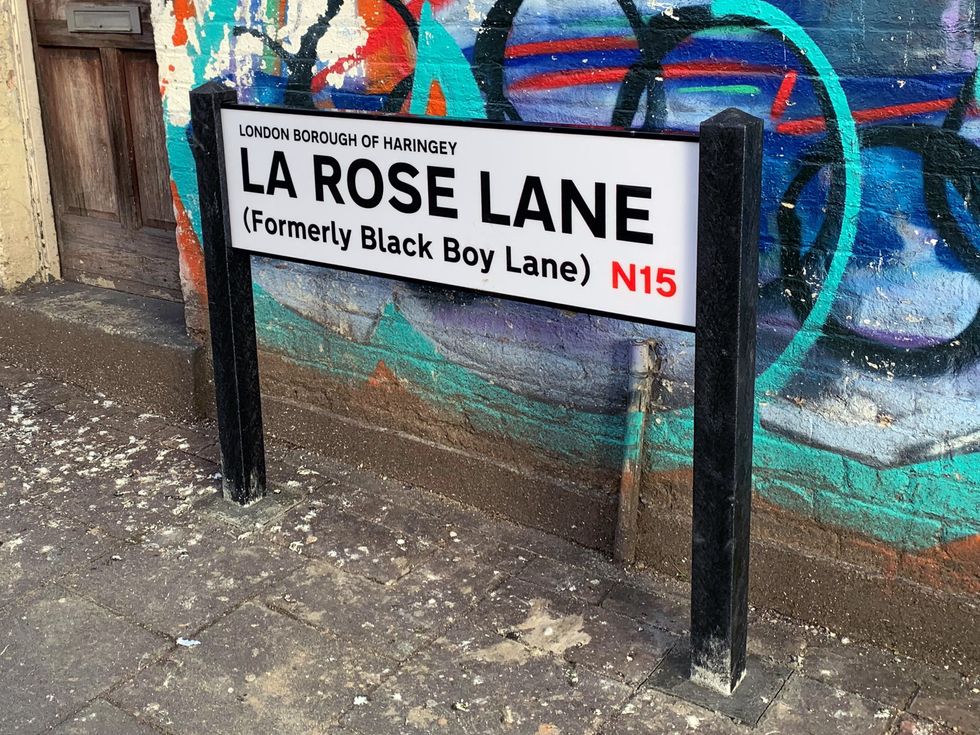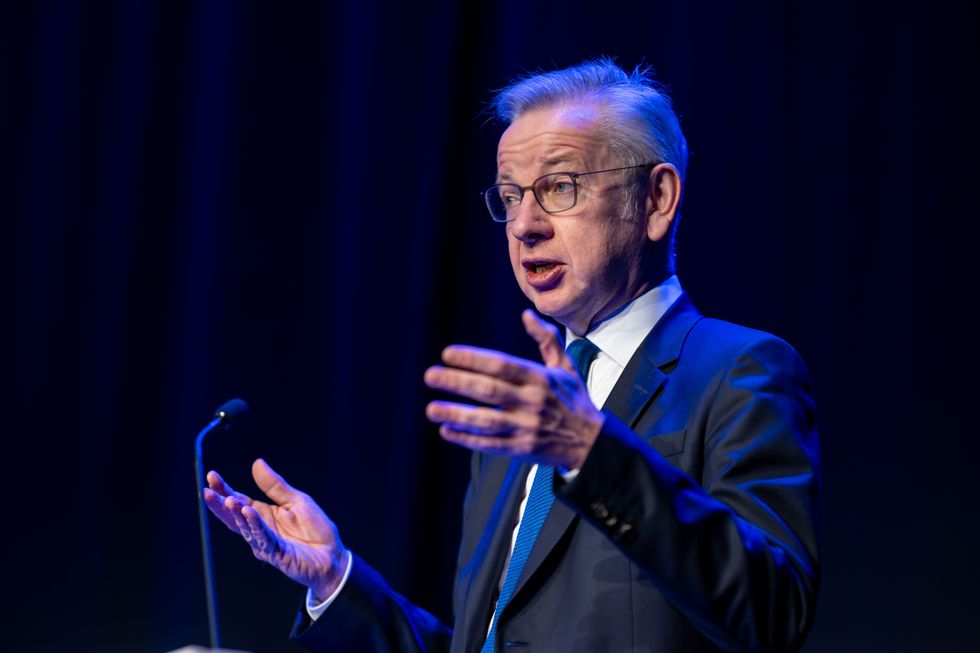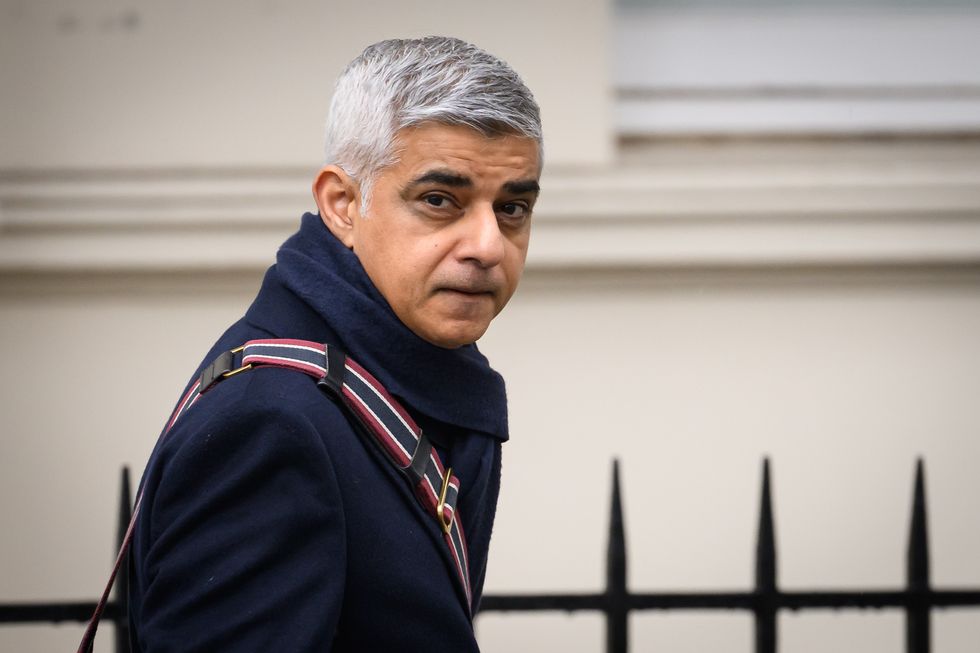Woke ‘activist’ councils given go-ahead to rename streets with links to British Empire
‘Activist’ councils are set to be able to change street names linked to the British Empire or slave trade after a quiet Labour walk-back on local authority powers.
Labour has dropped plans requiring councils to consult residents before changing street names linked to Britain’s colonial past – effectively handing local authorities the power to rename roads without securing majority support from people living there.
The Levelling Up and Regeneration Act, which became law last year, allows councils to make changes to street names if they have “sufficient local support”.
The Conservative Government had planned to table legislation requiring councils to win the backing of two thirds of residents before altering historic street names.

But Labour has now quietly axed these requirements, allowing councils to determine for themselves what constitutes “sufficient local support” for name changes.
Local government minister Matthew Pennycook revealed in a written parliamentary answer that Labour “does not consider there is a need for further guidance” on the matter.
The decision came after a series of attempts by town halls to cut ties with historical figures linked to the slave trade following Black Lives Matter protests in 2020.
The proposals for mandatory resident consultation were originally announced by then-communities secretary Michael Gove in 2022.
MORE COUNCIL OUTRAGE:
- WOKE MADNESS: Council slammed for advertising £250k support fund for restaurants- but only if they’re black-owned
- ‘INSANITY!’ Cash-strapped council lambasted over ‘complete madness’ as it prepares to shell out for ‘unconscious bias’ staff training
- London council imposes woke new guide for staff ordering employees to ditch gender pronouns

Several councils have already undertaken street name changes in recent years.
In 2020, Ealing Council changed part of Havelock Road to Guru Nanak Road, removing reference to British general Sir Henry Havelock who led the suppression of the 1857 revolt in India.
While Haringey Council spent £100,000 to rename Black Boy Lane to La Rose Lane after poet and racial equality campaigner John La Rose.
Plymouth City Council has been in an ongoing dispute since 2020 over plans to rename Sir John Hawkins Square due to the naval commander’s slave trade connections.
Watford Borough Council proposed letting residents vote on changing names including Imperial Way and Rhodes Way in 2022.
And in London, Mayor Sadiq Khan has established a “Commission for Diversity in the Public Realm” to review street names across the capital.

Think tank Policy Exchange, which revealed the U-Turn, has criticised Labour’s decision to can the consultation requirements.
“The Labour Government has quietly dropped legislation which would have prevented activist councils from renaming streets over the heads of local residents,” said Lara Brown, Senior Research Fellow at the think tank.
She added: “They claim they wish to end the culture wars, and yet they are pursuing the politics of division, prioritising a minority of campaigners over the views of the public.”
Meanwhile, the City of London Corporation has announced a £34,000 review to investigate its historical connections to the slave trade.
A Ministry of Housing, Communities and Local Government spokesman said: “Street names can only be changed if local authorities feel there is sufficient demand and engaged with residents.”
“No final decisions have been made regarding further legislation in this area, and we are clear that any change must have the support of local communities.”

